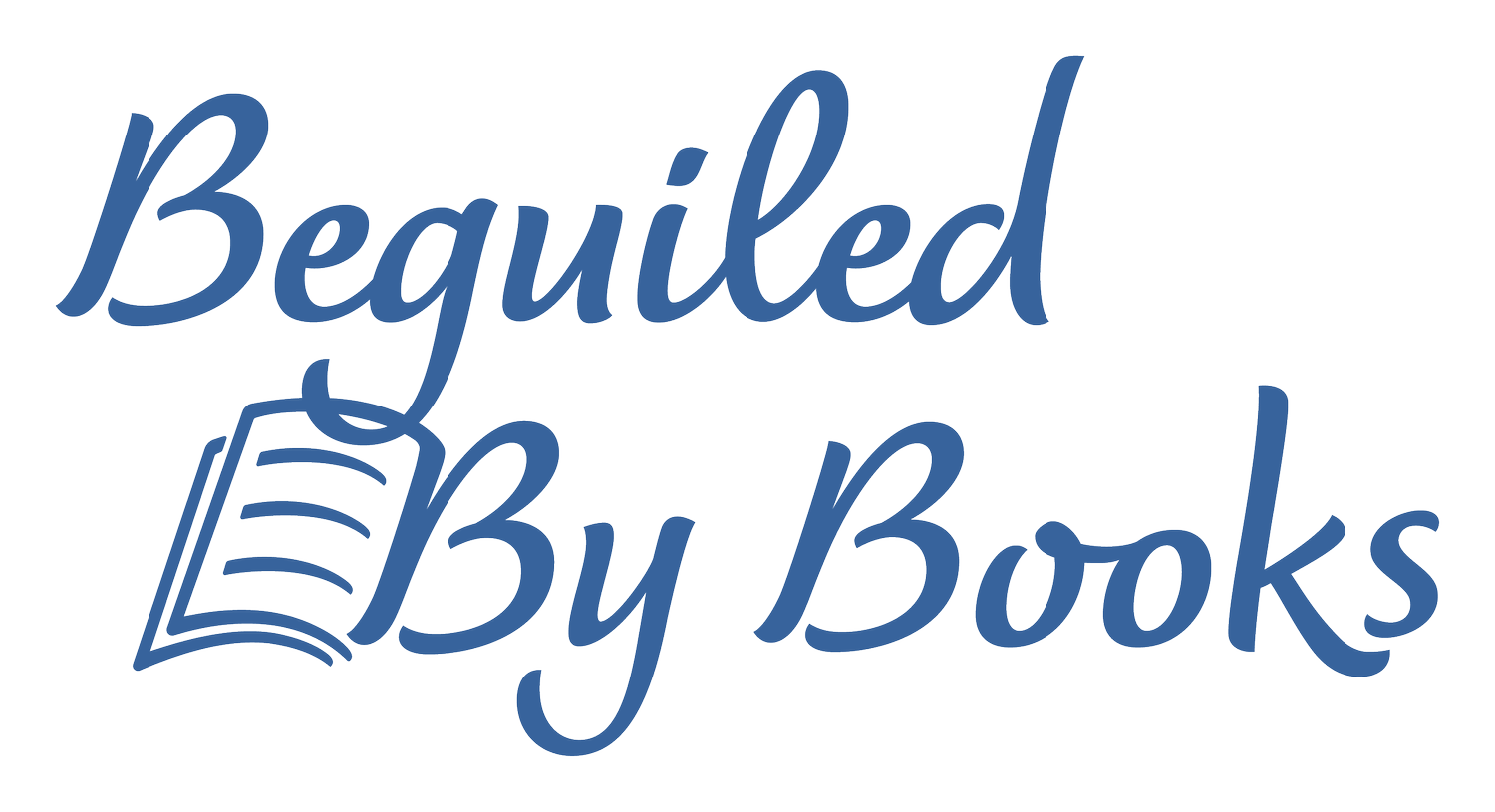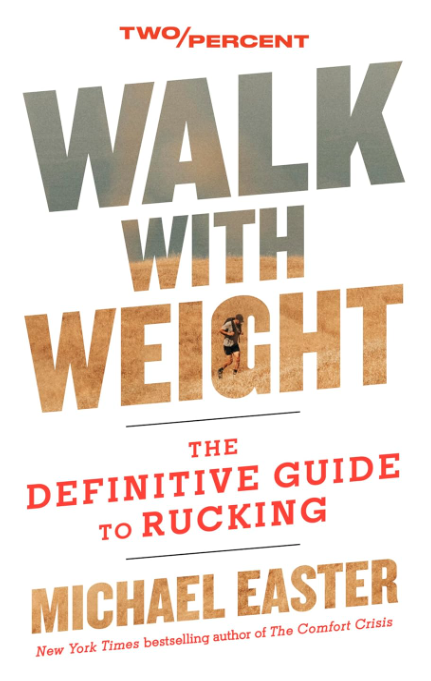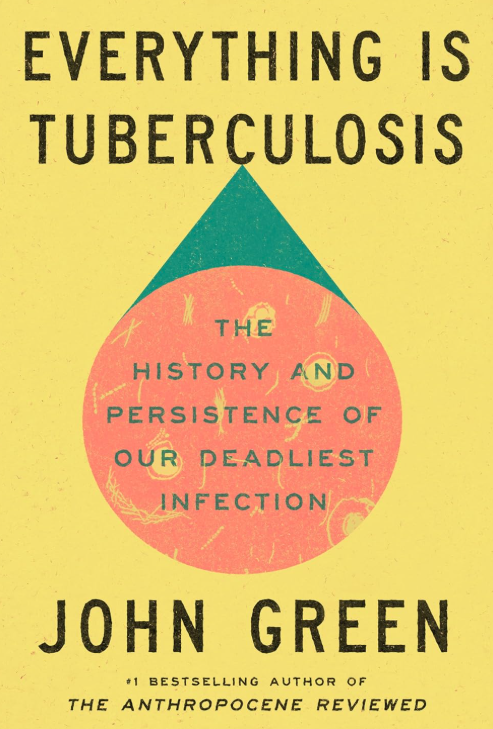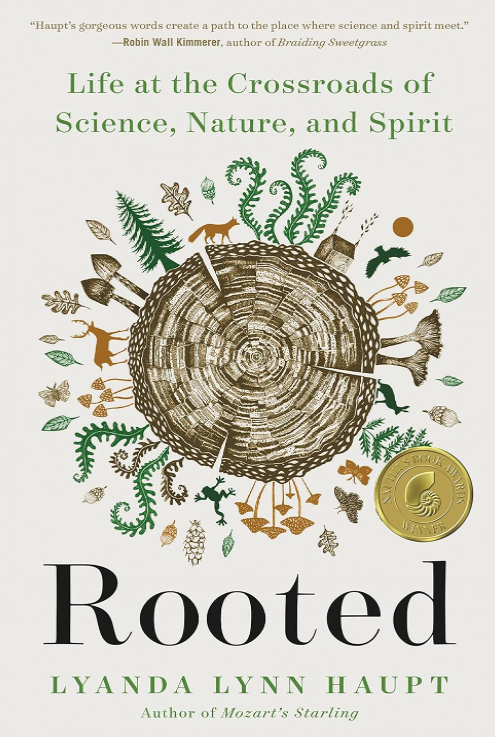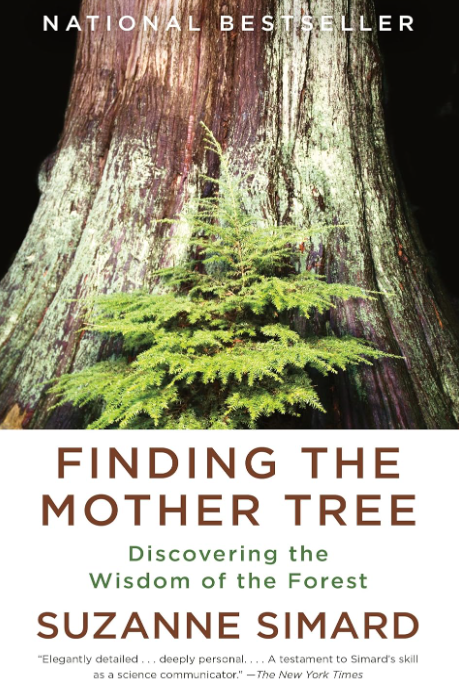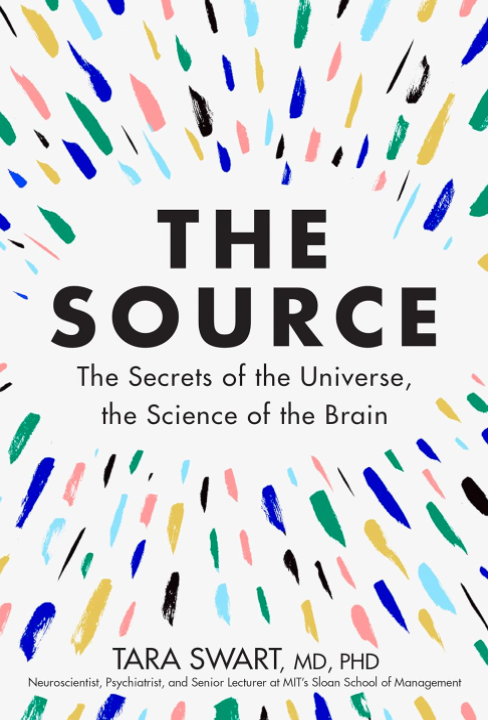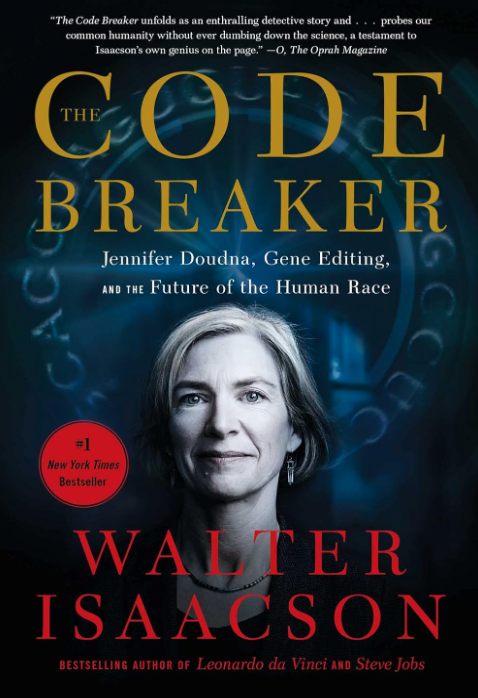Walk with Weight: The Definitive Guide to Rucking by Michael Easter
But I think body shape and size is all about athletics — what you can do with your body. How you use it in the world to live and function better and more intentionally every day.
Everything is Tuberculosis by John Green
In general, colonial infrastructure was not built to strengthen communities; it was built to deplete them.
Rooted: Life at the Crossroads of Science, Nature, and Spirit by Lyanda Lynn Haupt
No single human can work to save the orcas and protect the Amazon and organize anti-fracking protests and write poetry that inspires others to act and pray in a hermit’s dwelling for transformation and get dinner on the table. How easy is it to feel paralyzed by obligations.
Finding the Mother Tree: Discovering the Wisdom of the Forest by Suzanne Simard
The Coast Salish people think trees have personhood too. They teach that the forest is made of many nations living side by side in peace, each contributing to this earth.
The Source: The Secrets of the Universe, the Science of the Brain by Tara Swart
We live a life dominated by stress and are too busy to really take notice of who we are, where we are going and what we want from life. We are now at a moment where technology will disrupt our minds and bodies more than we can begin to imagine.
Entangled Life: How Fungi Make Our Worlds, Change Our Minds & Shape Our Futures by Merlin Sheldrake
We are ecosystems, composed of—and decomposed by—an ecology of microbes, the significance of which is only now coming to light.
The Code Breaker: Jennifer Doudna, Gene Editing, and the Future of the Human Race by Walter Isaacson
The great promise of gene editing is that it will transform medicine. The peril is that it will widen the healthcare divide between rich and poor.
Social: Why Our Brains Are Wired to Connect by Matthew D. Lieberman
As we have said from the beginning, we think people are built to maximize their own pleasure and minimize their own pain. In reality, we are actually built to overcome our own pleasure and increase our own pain in the service of following society’s norms.
Scarcity Brain: Fix Your Craving Mindset and Rewire Your Habits to Thrive with Enough by Michael Easter
Because here’s the thing: it doesn’t matter how much gas we give good new habits; if we don’t resolve our bad ones, we still have our foot on the brake.
Behave: The Biology of Humans at Our Best and Worst by Robert M. Sapolsky
Nothing comes from nothing. No brain is an island.
Outlive by Peter Attia, M.D.
Perhaps my biggest takeaway was that modern medicine does not really have a handle on when and how to treat the chronic diseases of aging that will likely kill most of us.
The Nature of Oaks by Douglas W. Tallamy
Oaks support more forms of life and more fascinating interactions than any other tree genus in North America.
Best Books of Spring 2022
Halfway through the year already! Here are the best books I read in Spring (or Q2) this year.
Best Books for a New Year and a New You
Reading is one of the quickest and most inexpensive ways to learn and improve. If you’re looking to make reading a habit or looking for books in specific areas, I’ve put together a list of the best books for New Year’s Resolutions.
Forgetting: The Benefits of Not Remembering by Scott A. Small
From a scientific and technical perspective, this book was great. That said, it was deeply scientific and technical. I would not describe Forgetting as an easy read. I appreciated this book’s understanding of the connections and similarities between computer science and neuroscience with new studies and science.
How to Be Sad: Everything I've Learned About Getting Happier by Being Sad by Helen Russell
How to Be Sad is Russell’s best work to date. She started this book in 2019, and given the pandemic and its (gestures vaguely) fallout, How to be Sad arrived at just the right time.
Breath: The New Science of a Lost Art by James Nestor
Breath was one of my favorite books I read in 2020. Recently, I’ve seen more about this book on social media as new people discover this treasure.
How to Improve Your Time Management Techniques
Time management is all about maximizing what you do in the time you have to do it. Parkinson’s Law states that work expands to fill the time allotted. When you have multiple things competing for your time and attention, you must focus your efforts on what will deliver the biggest bang. Otherwise, tasks and to-do lists will stretch out and take much longer than intended.
Sapiens: A Brief History of Humankind by Yuval Noah Harari
Sapiens: A Brief History of Humankind is the book you never knew you wanted to read. Full of approachable facts, logic, and cohesive storytelling, Yuval Noah Harari makes our species proud by addressing the wild, woeful, and wonderful things we, as Homo Sapiens, do, create, and achieve.
Best Books for Self Development Through Reading
There are so many ways to begin your self-development journey. In addition to hiring a coach (hi!), it’s never too late to read and discover yourself through books. These are my favorites in my journey so far and I hope they help you.
